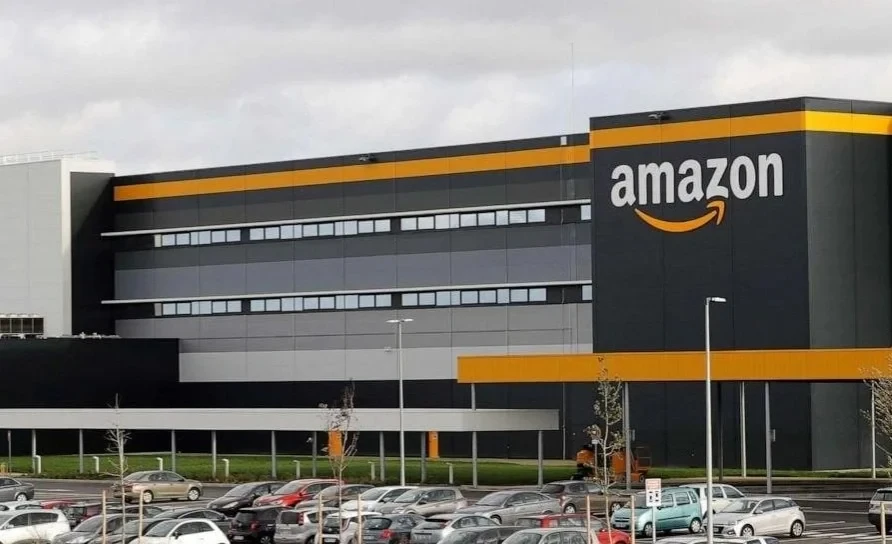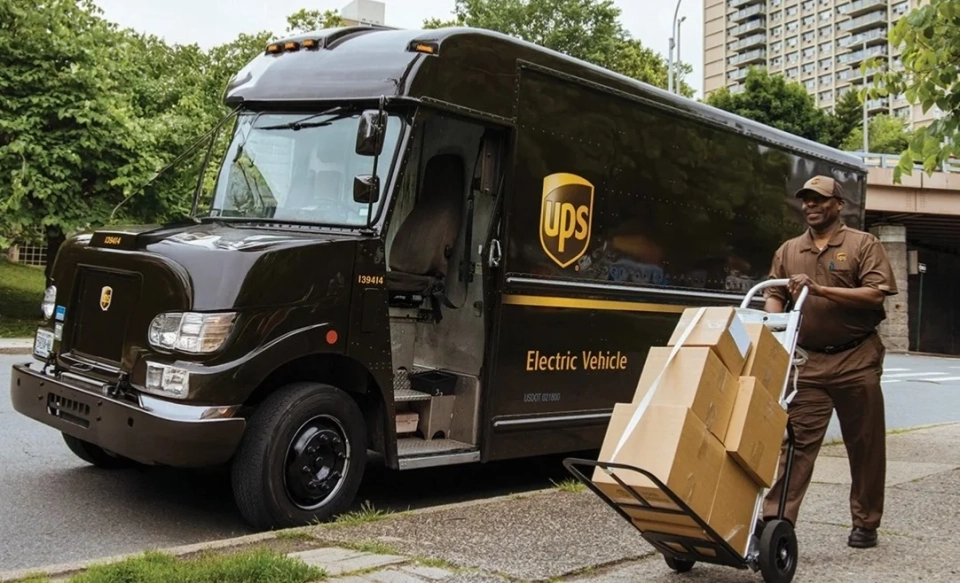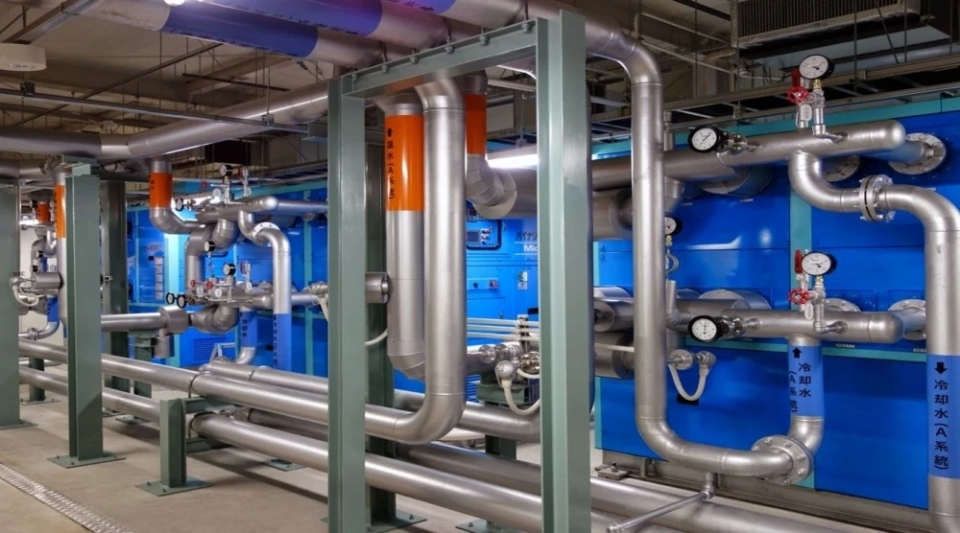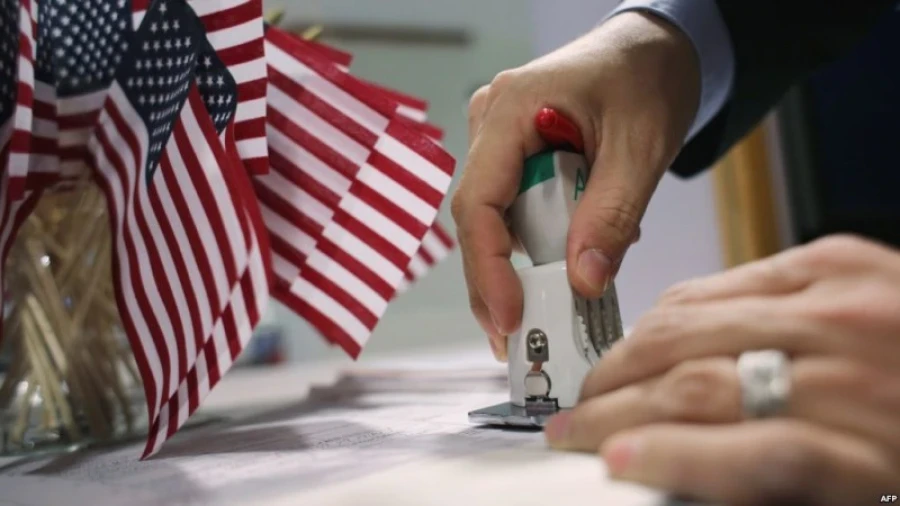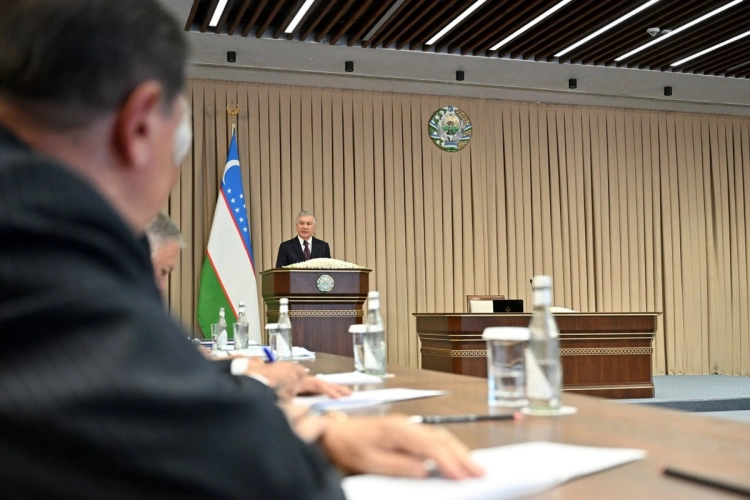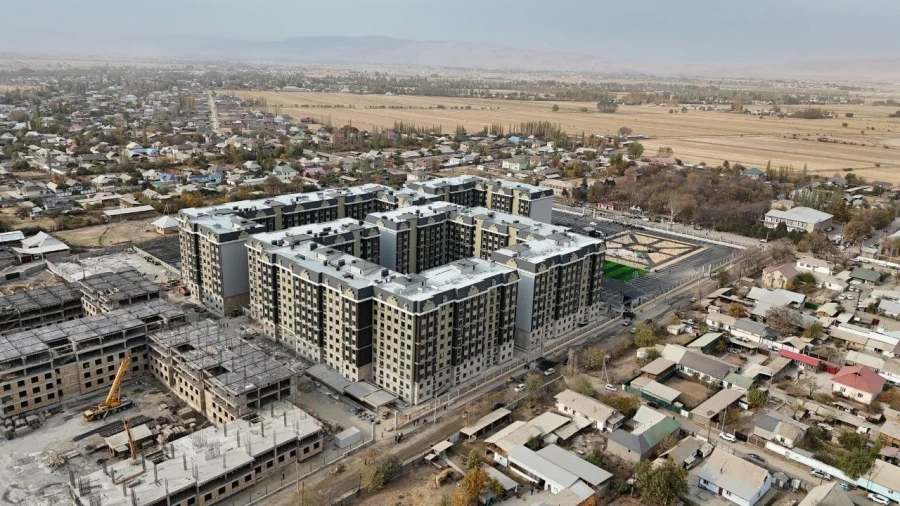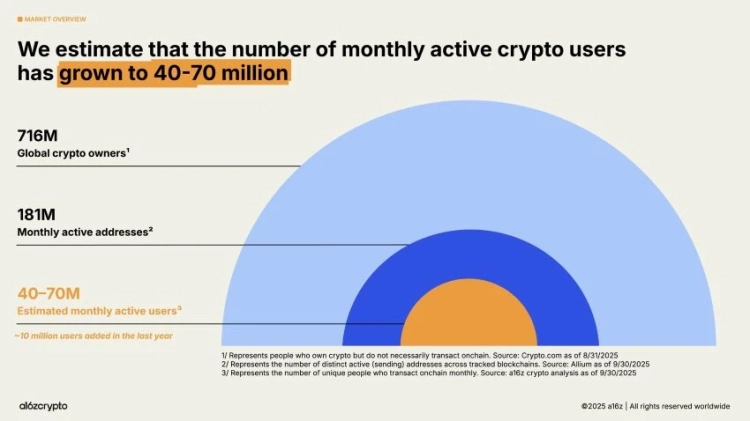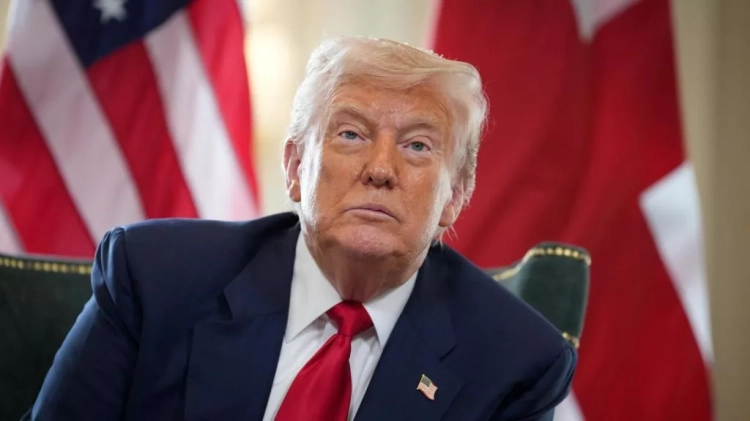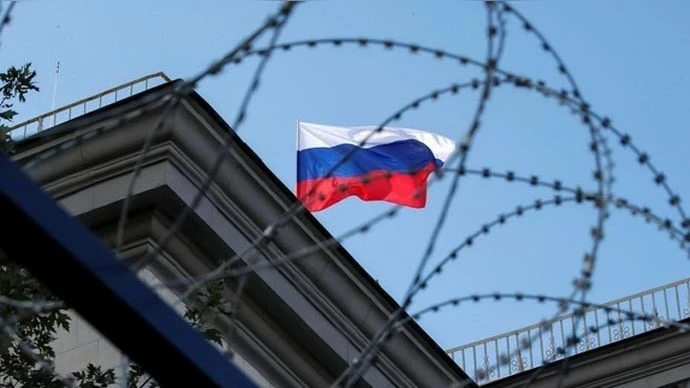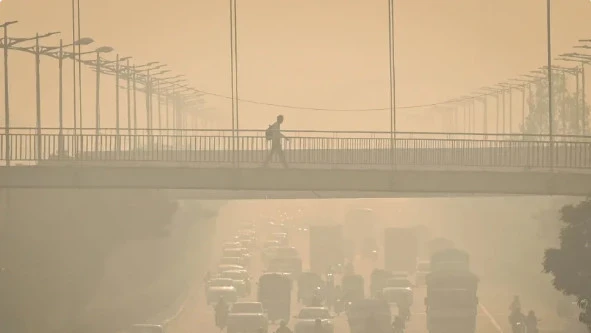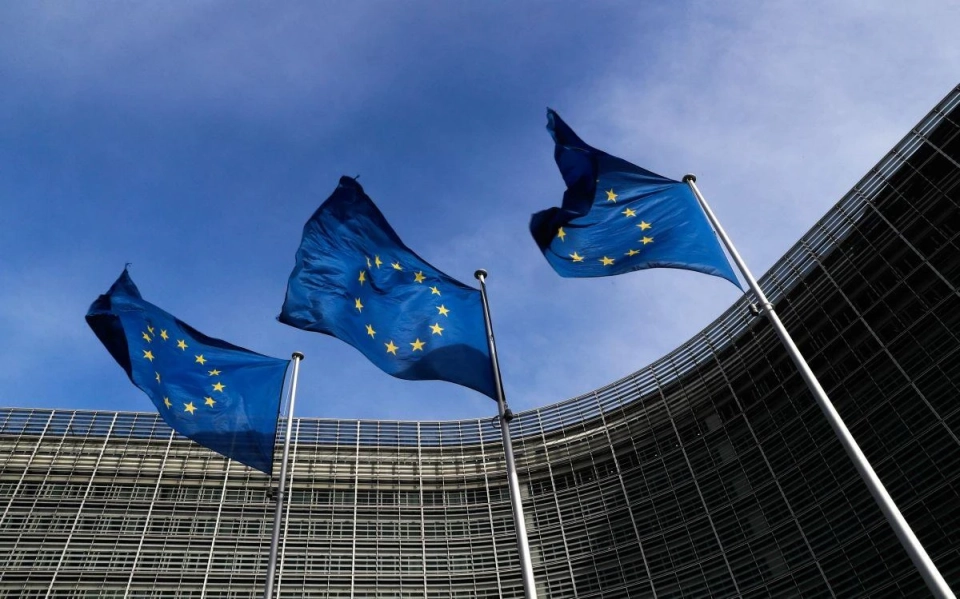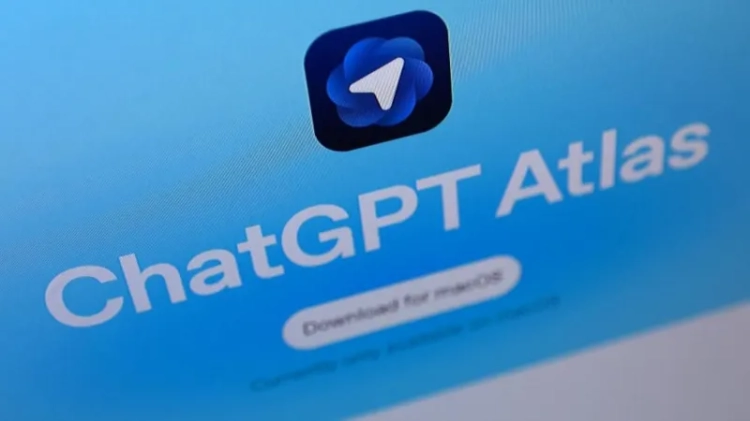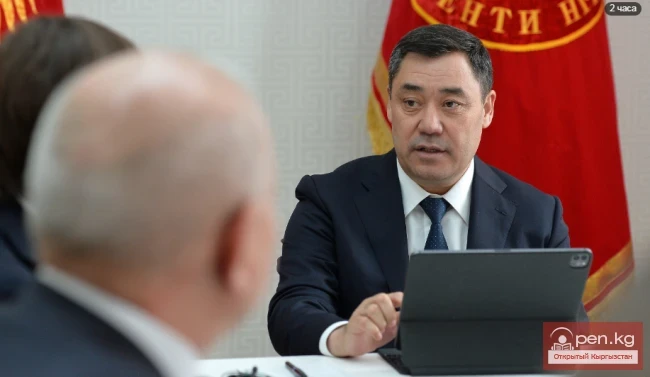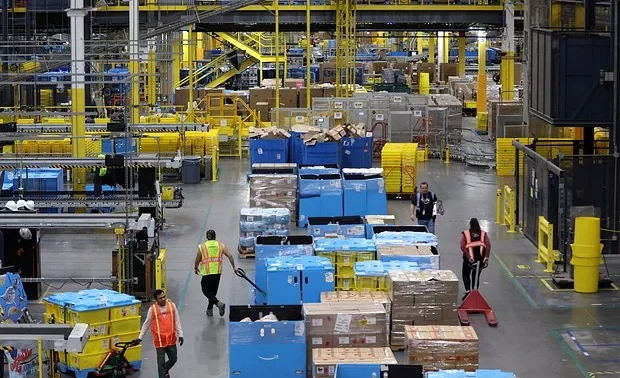
The situation in the global labor market is becoming increasingly alarming: mass layoffs are affecting major companies in the US, Europe, and Asia. According to information from Reuters, many businesses around the world are ramping up layoffs, indicating a slowdown in economic growth.
In September, over 25,000 layoffs were recorded in American companies, while logistics giant UPS announced plans to cut nearly 50,000 jobs since the beginning of the year.
Europe is also witnessing a negative trend: more than 20,000 layoffs have been registered, with 16,000 of them related to restructuring at Nestle, carried out by the new management.
Adam Sarhan, CEO of 50 Park Investments, emphasized that mass layoffs are a "sign of an economic cooling," adding that in a strong economy, companies do not lay off tens of thousands of employees at once.
Among the reasons for the layoffs are the desire of new managers, such as those at Target and Nestle, to optimize management and reduce costs.
Carter’s, a company that produces children's clothing, will lay off 15% of its office workers due to high import tariffs imposed by the administration of President Donald Trump.
Interestingly, leading corporations, including Amazon and Target, are primarily cutting not production staff, but "white-collar" workers—office employees and mid-level specialists—who are at risk due to automation and the implementation of artificial intelligence.
According to data, nearly 80% of executives feel pressure from boards of directors and investors demanding proof that the use of artificial intelligence is indeed leading to reduced costs and increased profits.
According to Reuters, layoffs at Target will affect about 8% of the workforce, while Amazon plans to lay off 14,000 employees out of a total of 1.5 million.
Economists express concerns that the labor market has entered a phase of "low hiring and low layoffs," where companies are gradually reducing staff without filling vacant positions.
Analysts warn that further acceleration of layoffs could undermine consumer confidence and negatively impact an already weakened US economy, which is experiencing the effects of tariffs and inflation.
Economist Allison Schrivastava from Indeed Hiring Lab noted: "Companies are holding their breath, trying to make sense of the current situation. They are waiting for signals about future demand and market conditions."
